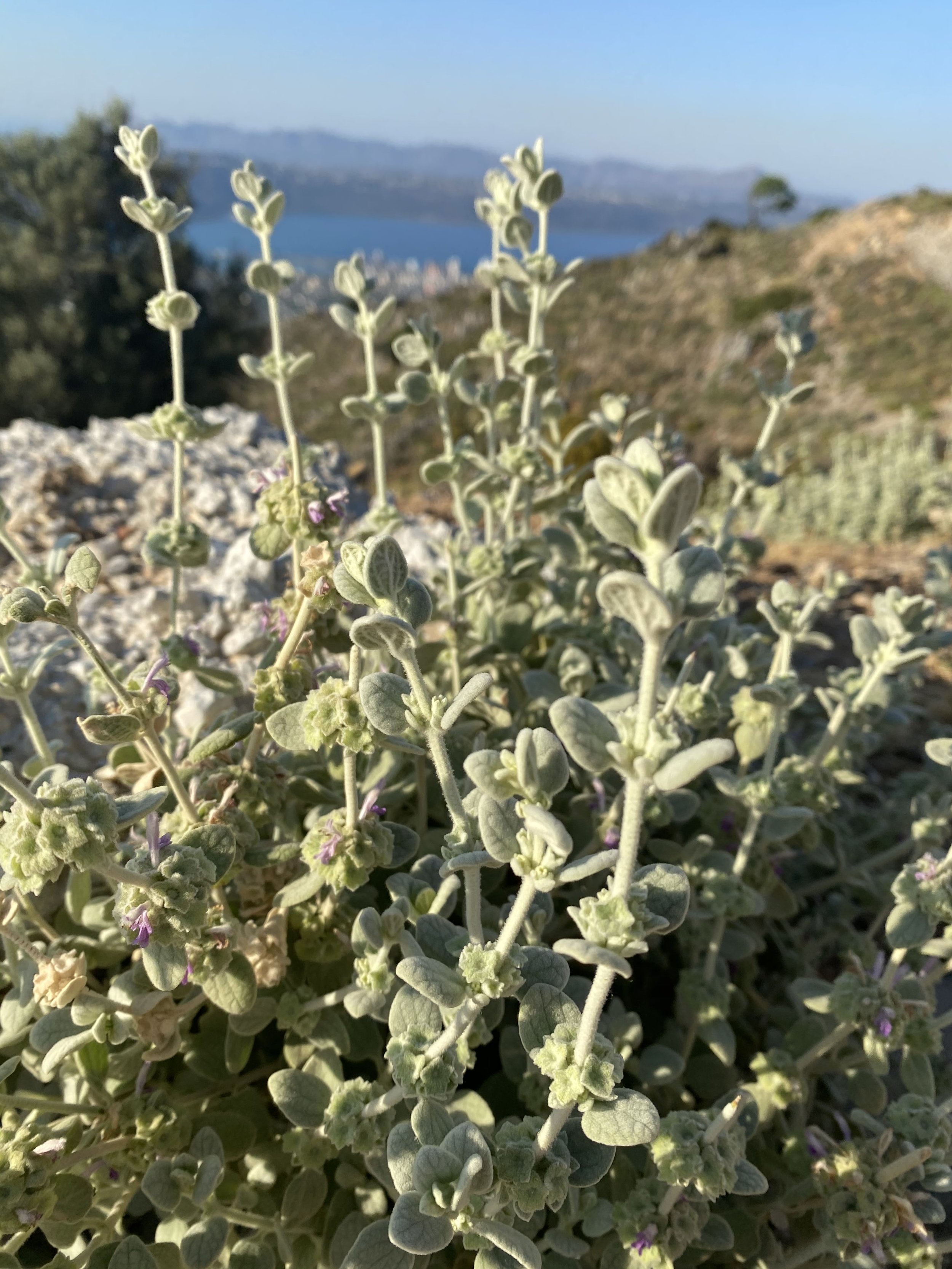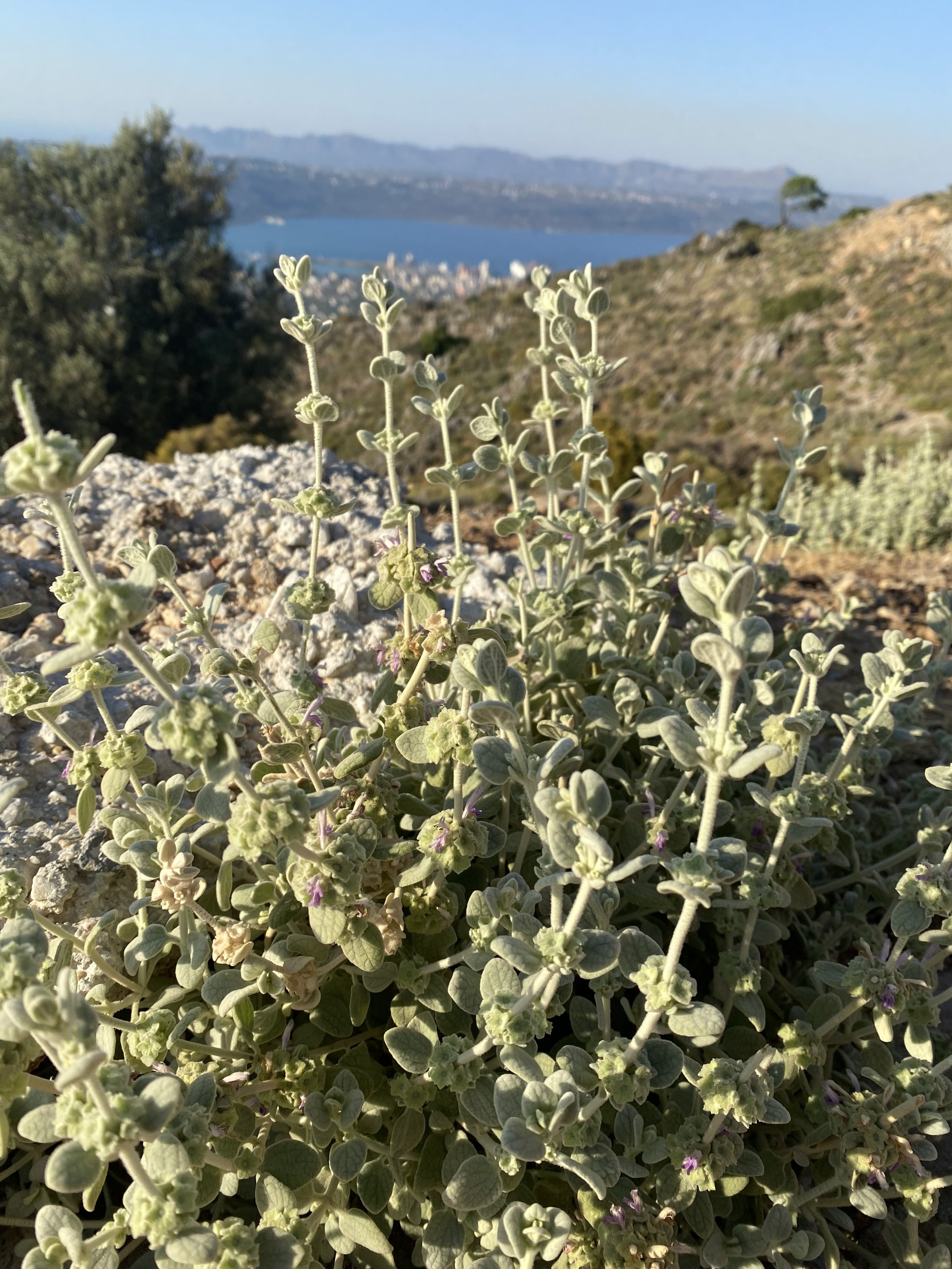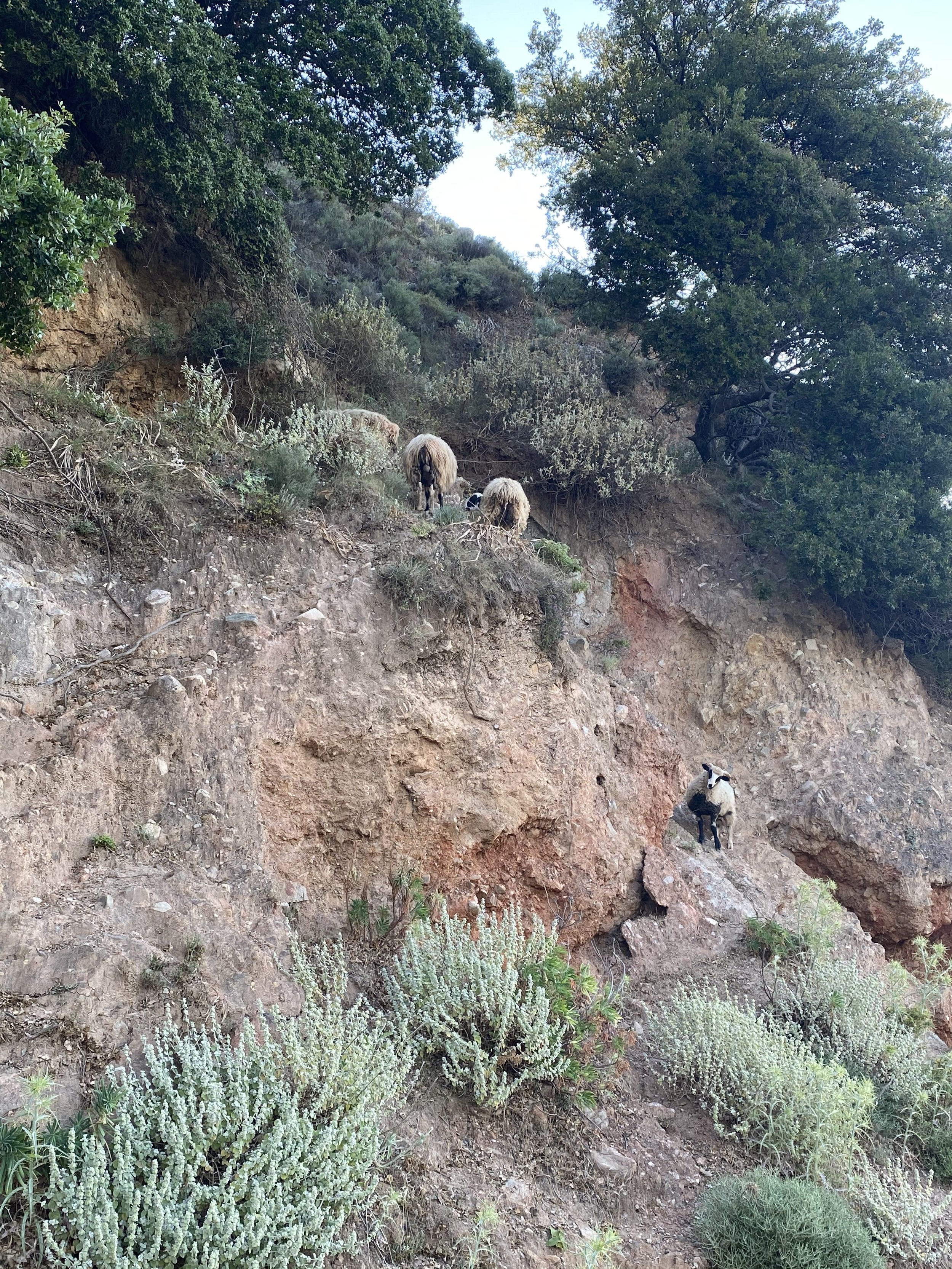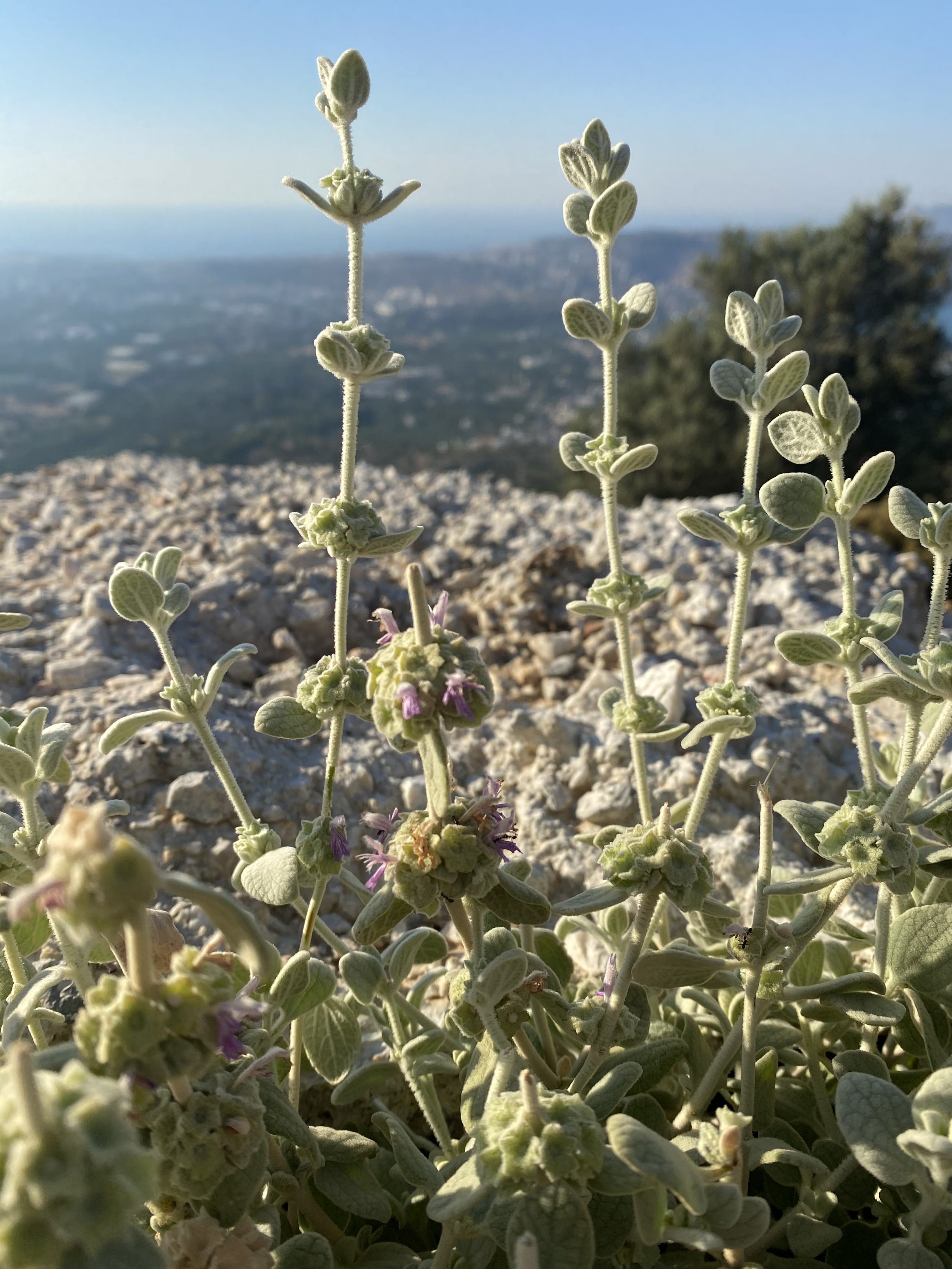Health Benefits
-
Traditionally brewed as a tea, Greek Horehound helps soothe sore throats and calm persistent coughs. Its natural expectorant properties make it a go-to remedy for respiratory relief during seasonal changes.
-
This herb contains compounds known to help fight bacterial and fungal infections. Its traditional use in monasteries and homes reflects its long-standing reputation as a cleansing and immune-boosting botanical.
-
Drinking horehound tea can promote relaxation and ease tension. Its naturally calming aroma and gentle herbal compounds make it ideal for unwinding after a long day without the need for caffeine.
-
Often used in traditional medicine to relieve indigestion, bloating, and nausea, this herb supports gut health gently. It’s an effective and soothing addition to post-meal herbal blends.
Additional Information
Pseudodictamnus acetabulosus ‘Fitilaki’
A wild growing shrub found along the mountain sides throughout the Greek islands and Western Turkey.
Its nickname ‘False dittany’ comes from its resemblance to Cretan dittany on the hillsides in Crete.
It has fluffy silver leaves which have a slight fuzz and grows puffed flowers with small purple blooms
The flowers are dried and used throughout homes, churches and monasteries as a wick for traditional oil lamps
It can also be drunk as a medicinal herbal tea to aid with respiratory issues and coughs.
A showy herb when established great in Mediterranean landscape designs or in dry/native-style gardens either in the ground or in large pots.
Perennial herb that is very drought tolerant. Can be grown in part to full sun position with free draining soil.
Grows into a bushy shrub 1MH X 1MW




